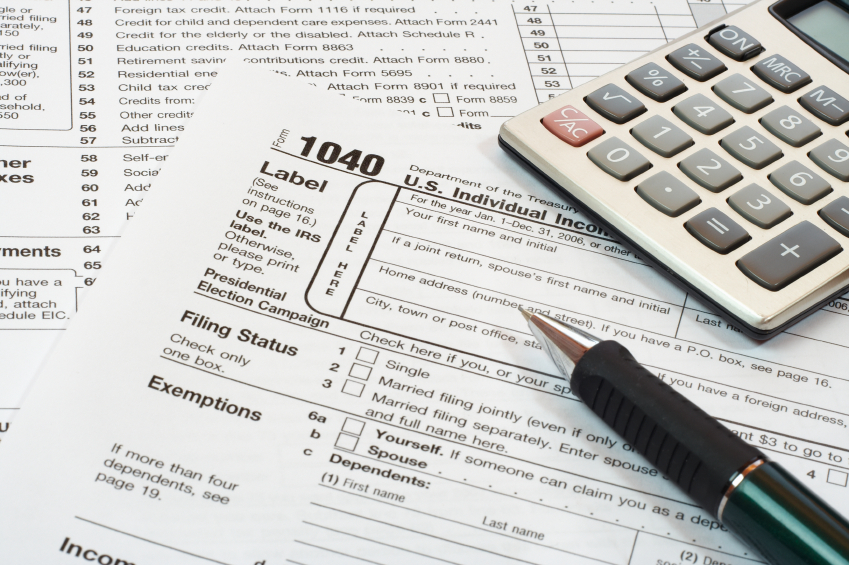1. Ordinary and Necessary. You can only deduct unreimbursed expenses that are ordinary and necessary to your work as an employee. An ordinary expense is one that is common and accepted in your industry. A necessary expense is one that is appropriate and helpful to your business.
2. Expense Examples. Some costs that you may be able to deduct include:
- Required work clothes or uniforms that are not appropriate for everyday use.
- Supplies and tools you use on the job.
- Business use of your car.
- Business meals and entertainment.
- Business travel away from home.
- Business use of your home.
- Work-related education.
3. Forms to Use. In most cases you report your expenses on Form 2106 or Form 2106-EZ. After you figure your allowable expenses, you then list the total on Schedule A as a miscellaneous deduction. You can deduct the amount that is more than two percent of your adjusted gross income.
4. Educator Expenses. If you are a K through 12 teacher or educator, you may be able to deduct up to $250 of certain expenses you paid for in 2014. These may include books, supplies, equipment, and other materials used in the classroom. You claim this deduction as an adjustment on your tax return, rather than as an itemized deduction. This deduction had expired at the end of 2013. A recent tax law extended it for one year, through Dec. 31, 2014. For more on this topic see Publication 529.
5. Keep Records. You must keep records to prove the expenses you deduct. For what records to keep, see Publication 17, Your Federal Income Tax.
6. IRS Free File. Most people qualify to use free, brand-name software to prepare and e-file their federal tax returns. IRS Free File is the easiest way to file. These rules can be complex, and Free File software will help you determine if you can deduct your expenses. It will do the math, fill out the forms and e-file your return – all for free. Check your other e-file options if you can’t use Free File.

 RSS Feed
RSS Feed
